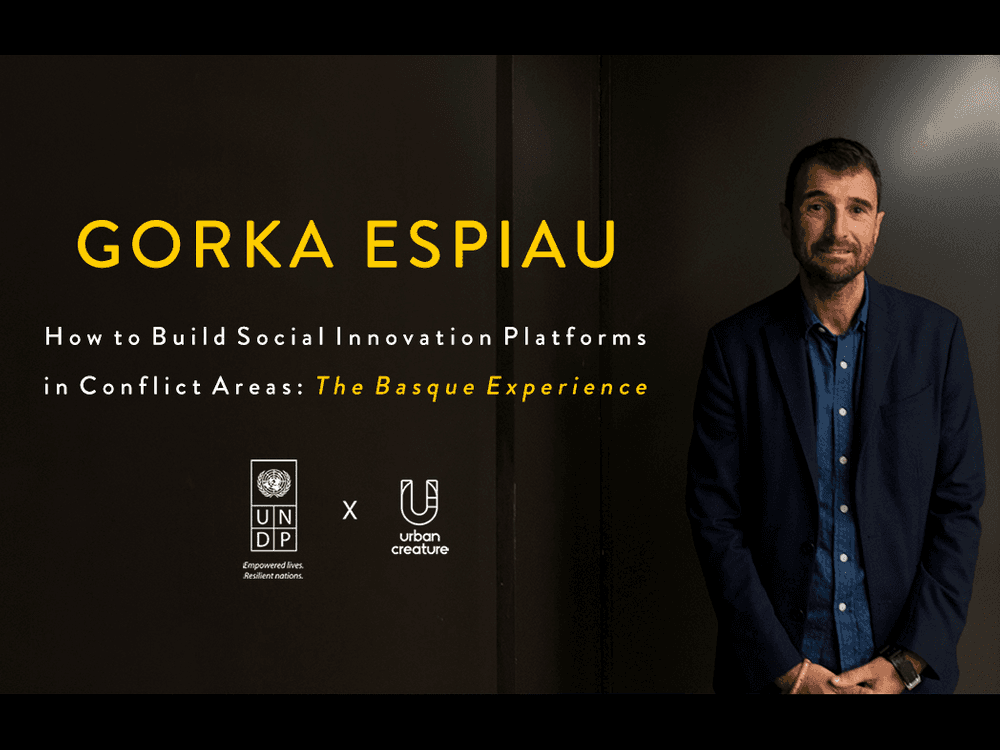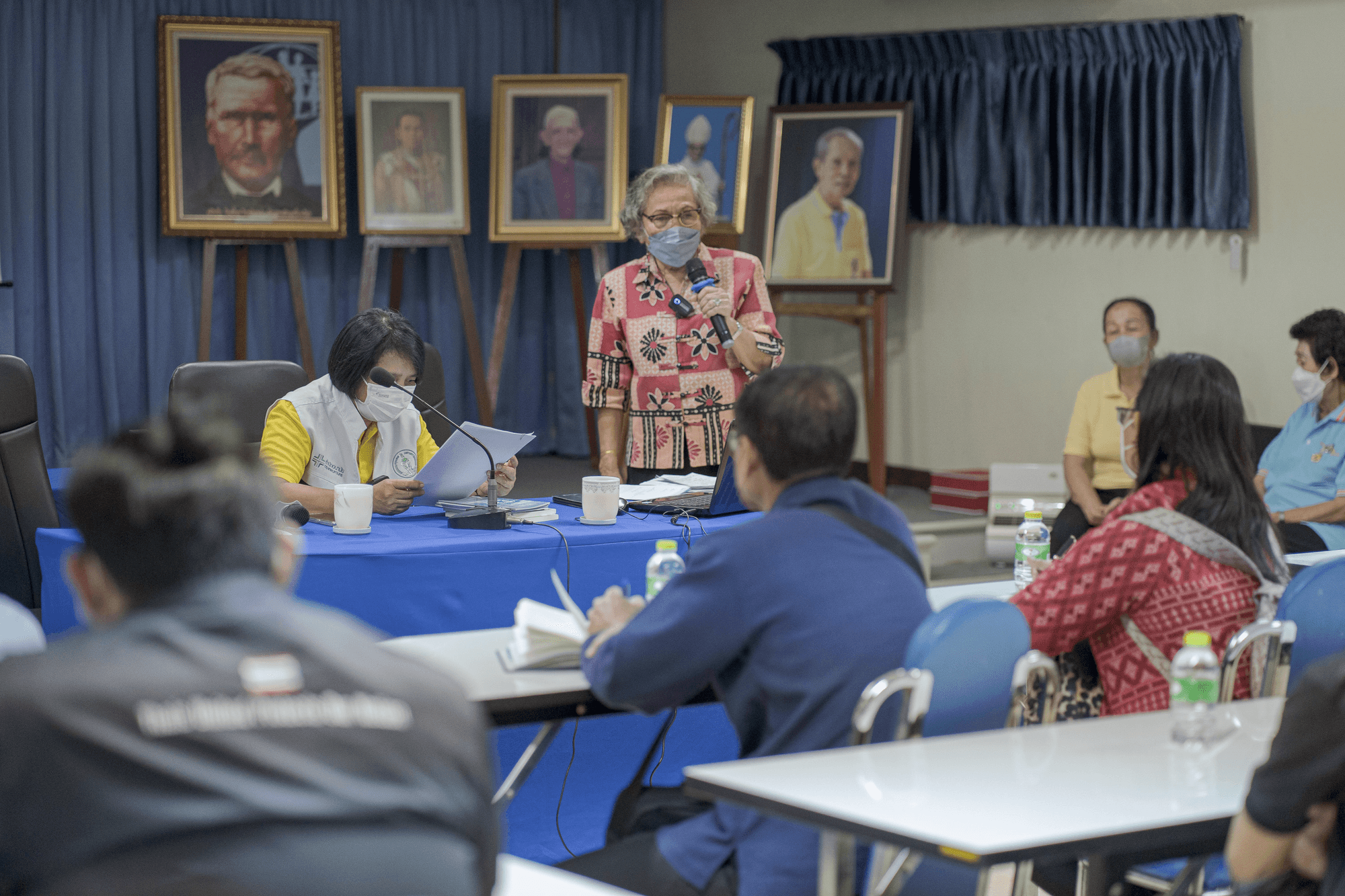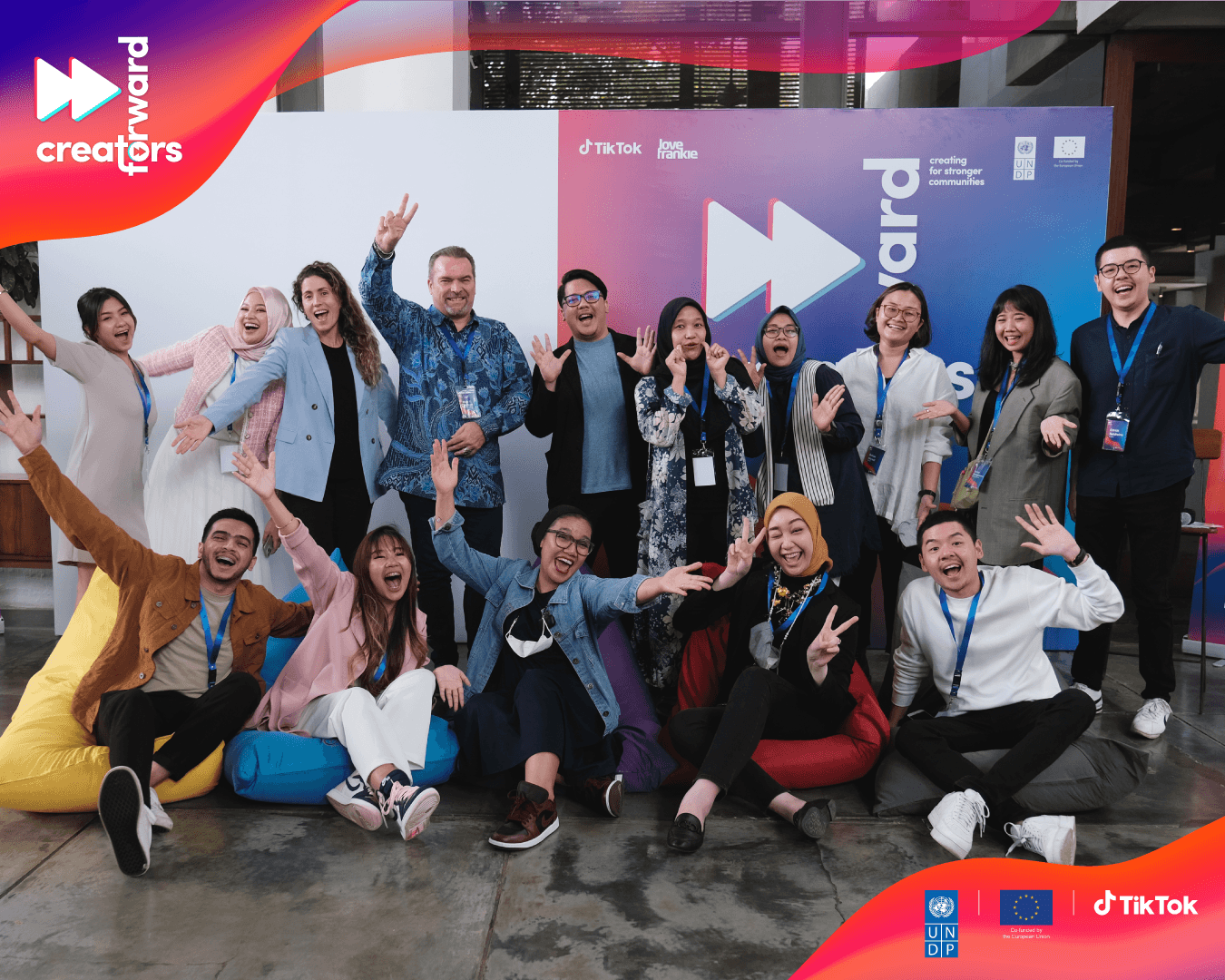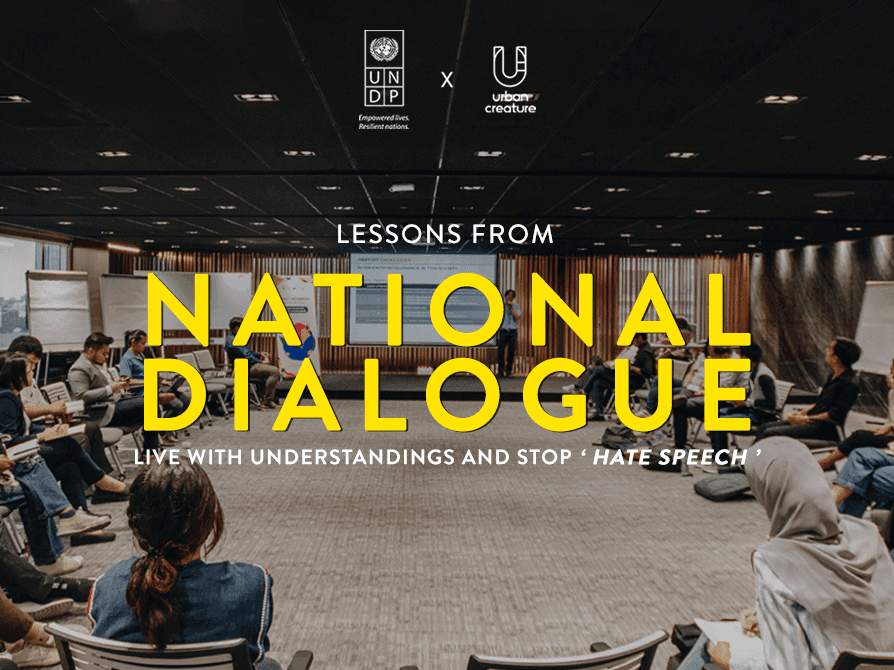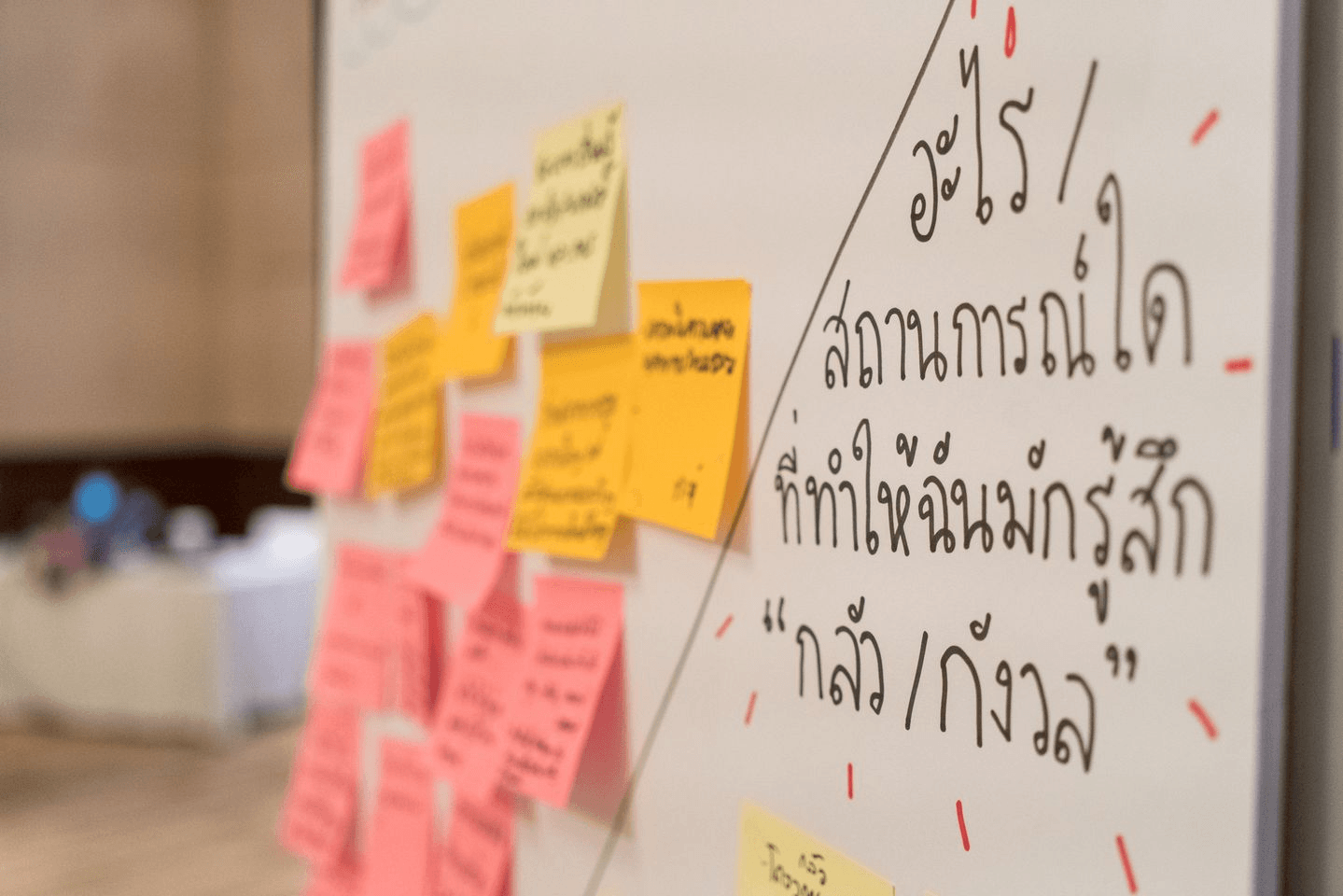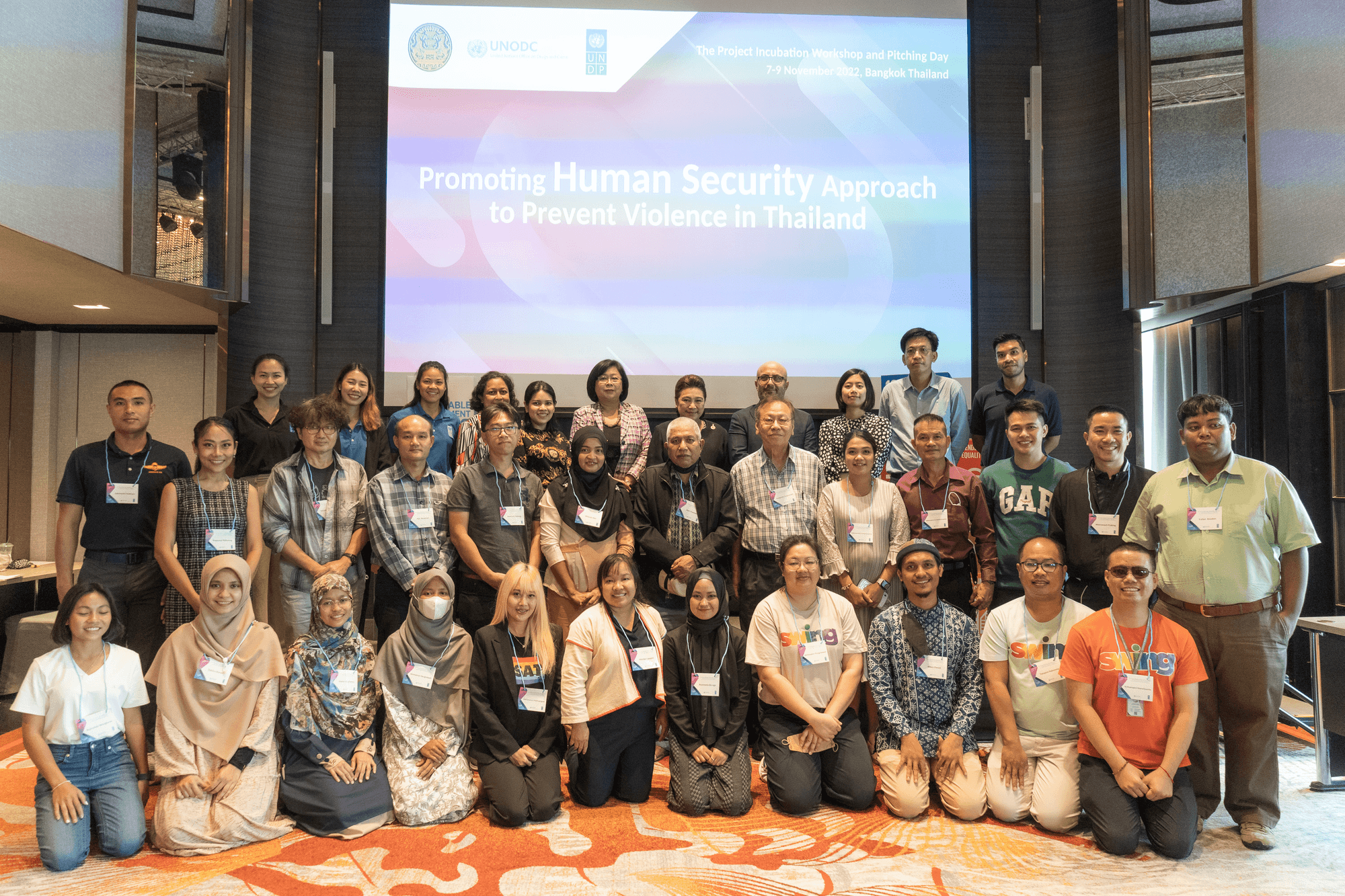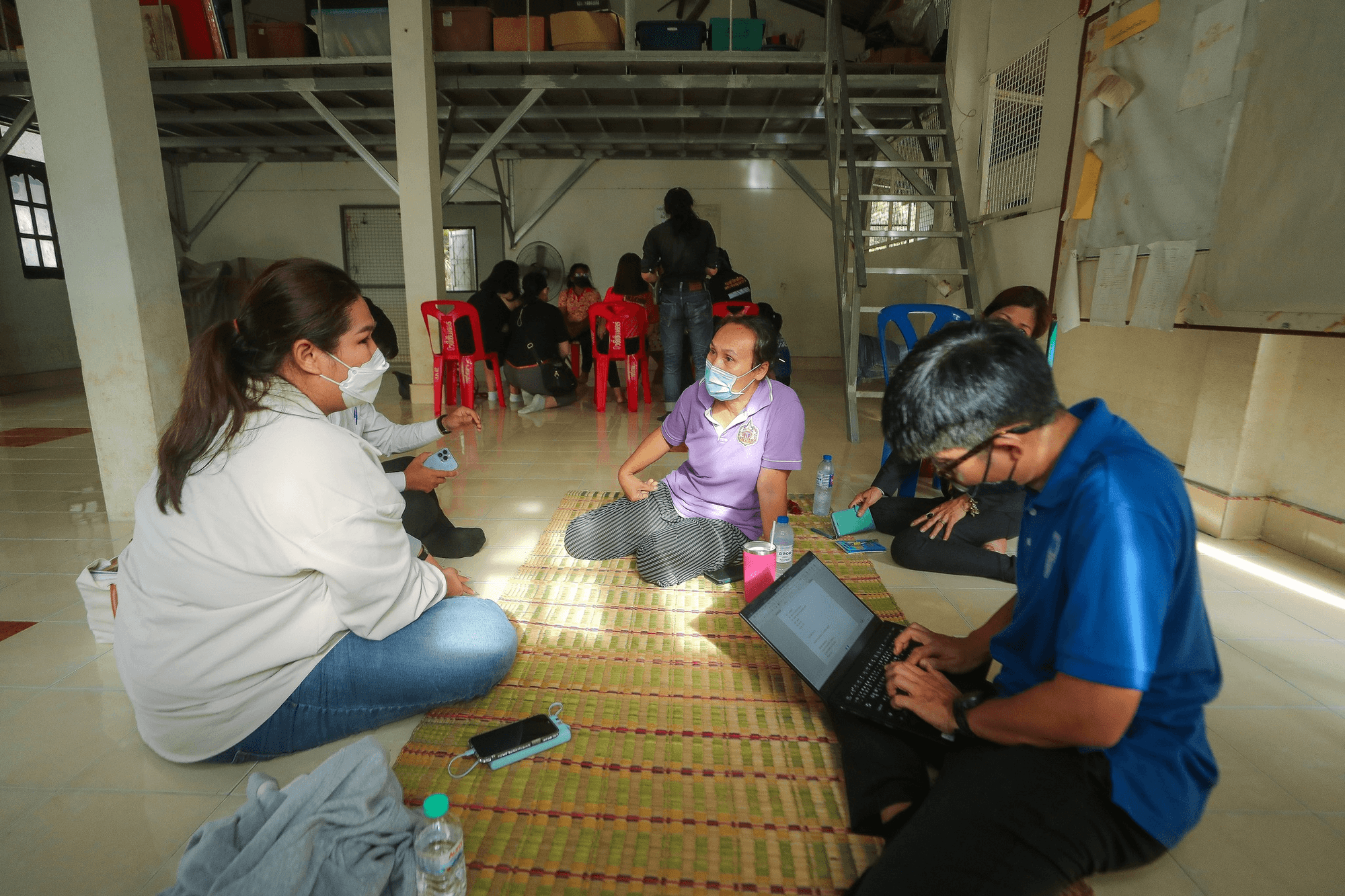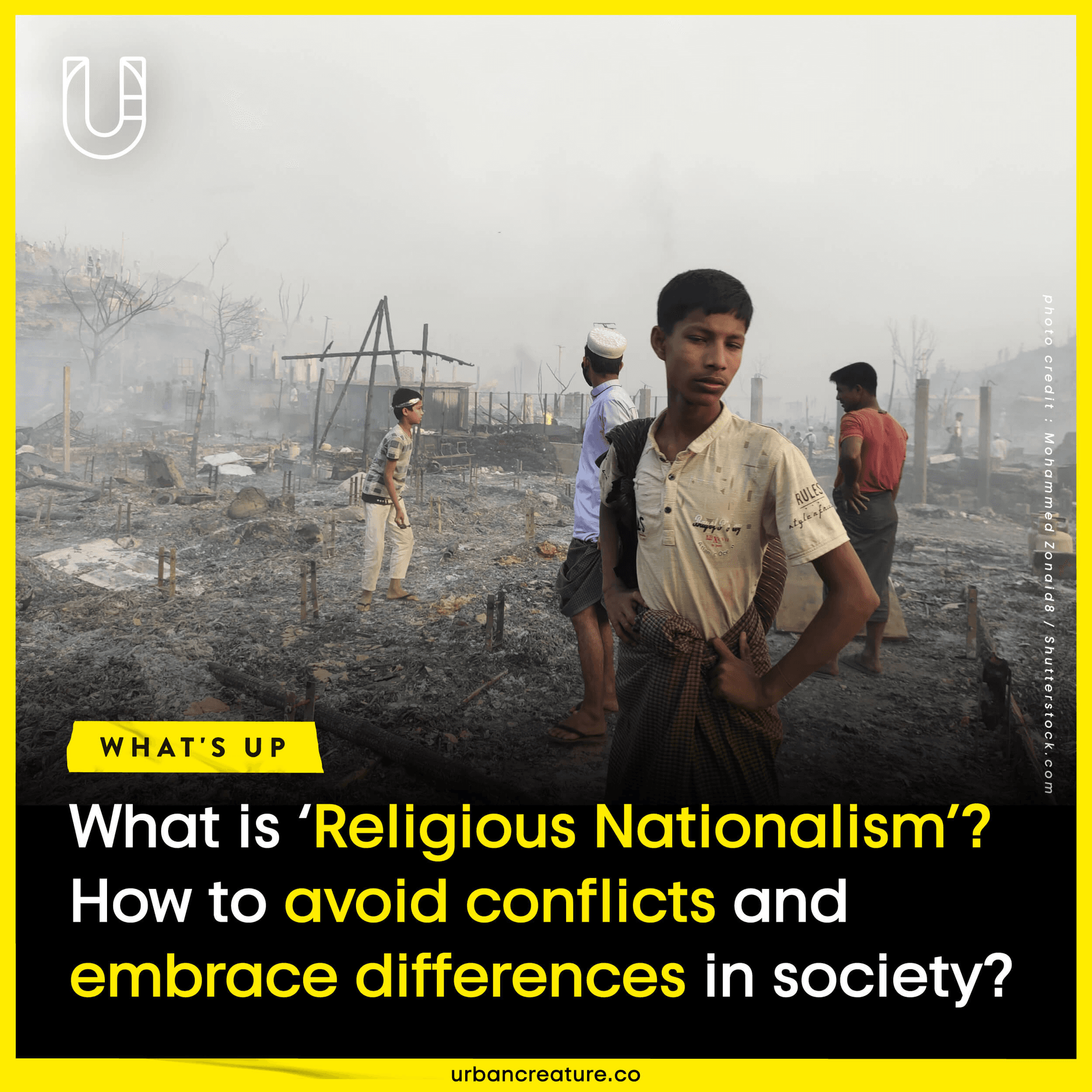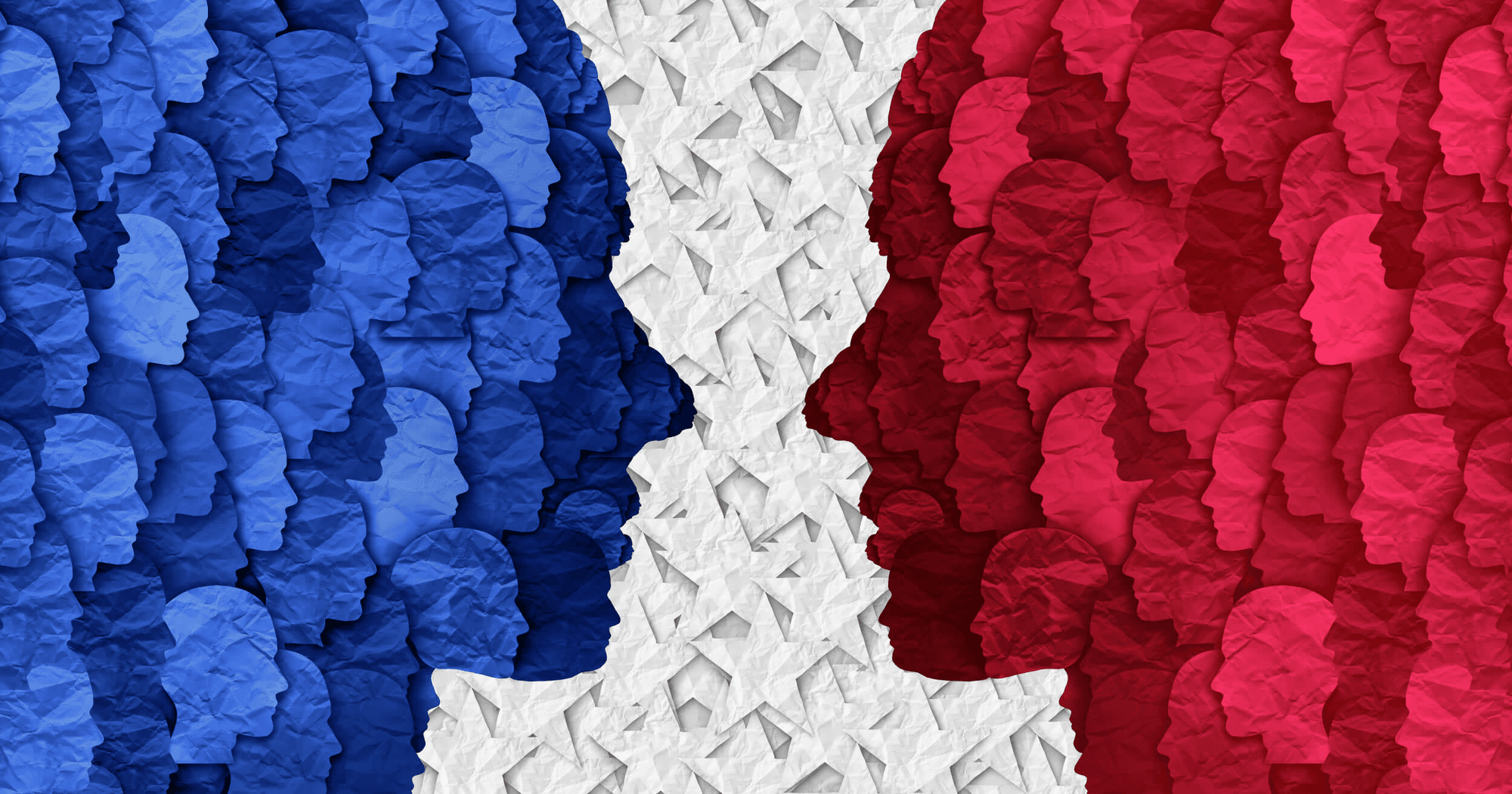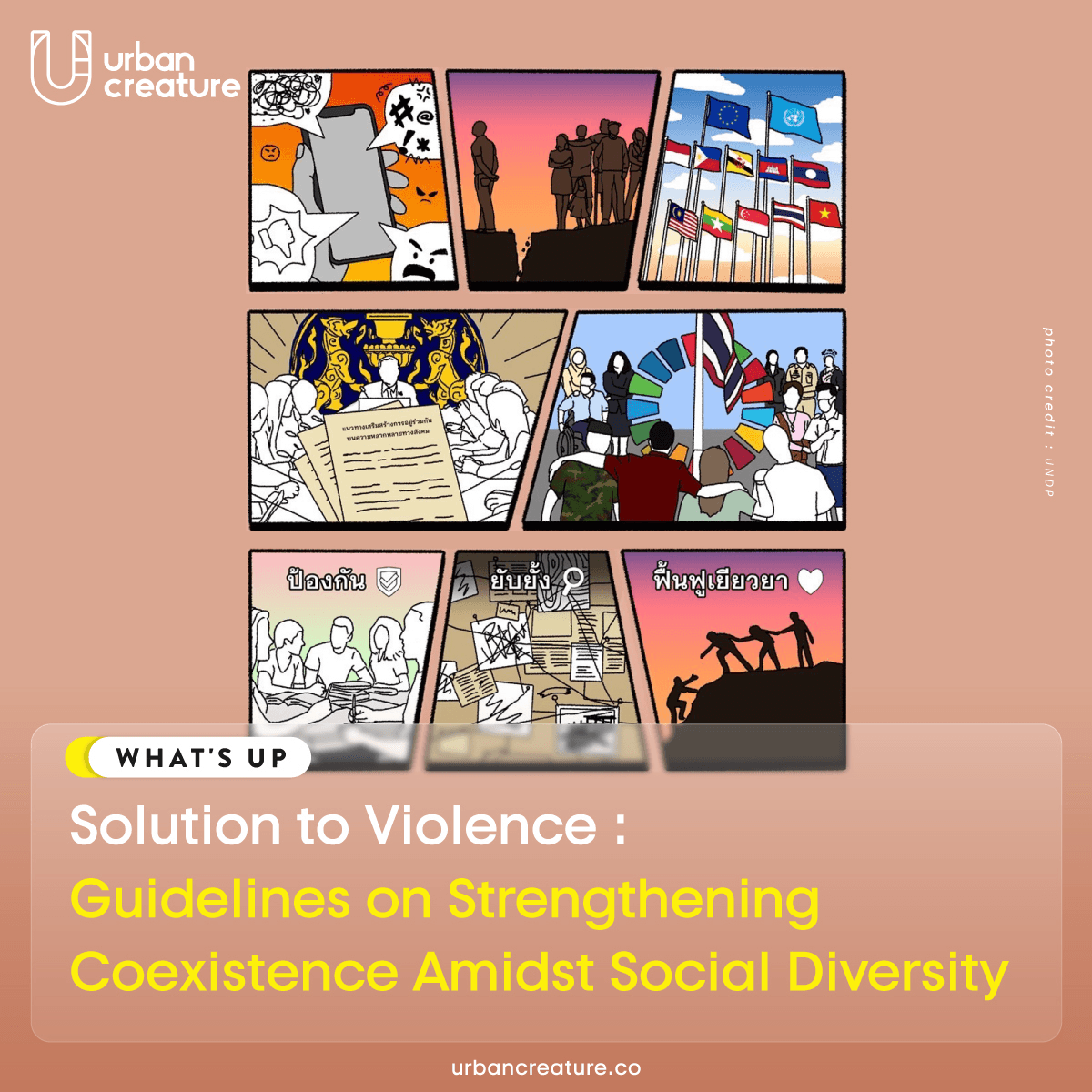Understand Echo Chamber and Information Pollution
In an era where we constantly get a lot of information from a variety of channels, it is natural to assume that we are more exposed and open to diverse perspectives than ever before. But the reality is different. As humans, we have an underlying tendency to confirm our existing beliefs, a condition known as confirmation bias, where we seek out and accept information that supports our views while disregarding opposing opinions.
This leads to the formation of an echo chamber. In this environment, we will only expose ourselves to information or opinions that reflect and reinforce our own thoughts and beliefs without hearing the voices of those who questioned or disagreed with them. In addition to the offline life where we may choose to surround ourselves with like-minded people, it is even more evident in social media, where algorithms tailor content to a user’s interests and biases, leading to the formation of like-minded groups that frame their own opinions as the truth. It can increase and reinforce biases and prejudices leading to extreme ideas and violent attacks against the opposition.
Take the storming of the US Capitol by supporters of former President Donald Trump on January 6, 2021, as an example. Far-right social media platforms such as Gab and Parler played a key role in spreading misinformation and inciting violence. They used the hashtag #StoptheSteal implying that the other side 'stole' the victory and presidency from those they supported, mobilized like-minded individuals, and rejected facts and opinions that did not align with their political beliefs. . This resulted in online posts encouraging people to bring guns to the Capitol grounds. Online activism eventually turned into real-world violence.
This incident is similar to findings from ‘Online Echo Chamber and First-Time Voters in the 2019 Thai General Election'. Through the use of hashtags on Twitter and Facebook, people with similar interests and political standpoints were mobilized, resulting in 'group formation', and leading to protests, trends, or political expressions. Social media can thus become a closed community instead of an open forum for the exchange of diverse opinions.
In addition to the political aspect, echo chambers also have an impact on social issues. Misinformation spread by anti-vaccination groups, such as the belief that herd immunity will protect the community from the virus without the need for vaccination or the fear that rapidly developed vaccines will have severe side effects, can be perpetuated by relatively unregulated sources like YouTube, which recommends videos based on a user's viewing history, thus reinforces the user’s ingrained beliefs.
Besides echo chambers, another important factor that makes it difficult for us to understand each other is 'Information Pollution'.
A report by the UNDP Oslo Governance Center (OGC) describes disinformation and misinformation as 'Information Pollution', which causes conflict and division. People make decisions without accurate information, particularly those within echo chambers who pollute information to support their own beliefs. Alternative opinions are often suppressed, deleted, or blocked As a result, we cannot find a common ground in society at all.
Today, governments around the world are addressing the issue of information pollution in various ways, such as through prosecution, arrest, special task forces, and media literacy promotion. In Thailand, the government agency responsible for detecting fake news is Anti-Fake News Center Thailand established by the cooperation between the Ministry of Digital Economy and Society and the Police Cyber Taskforce Hotline 1155 or 1599.
In the end, it is important to recognize that we all have our own echo chambers. It is time to question whether we always trust the news and information without questioning. Do we find ourselves in a filter bubble surrounded by views and opinions we agree with and block others? To break free from echo chambers, it is crucial to educate ourselves about information pollution, be open-minded, interact with people who hold different views and verify information from multiple sources. By making these practices into a conscious habit, we will hear more different opinions, in the process broaden our perspectives and worldviews.
Sources :
BSOS | shorturl.asia/KQvCV
MDPI | shorturl.asia/UWr3c
Royal Thai Government | shorturl.asia/uZUoz
SPSP | shorturl.asia/rZq5e
ThaiJO | shorturl.asia/0QIJw
The Guardian | shorturl.asia/QAYwf
UNDP | shorturl.asia/5EPuj, shorturl.asia/gmTR8
ThaiPublica | shorturl.at/gMT03
